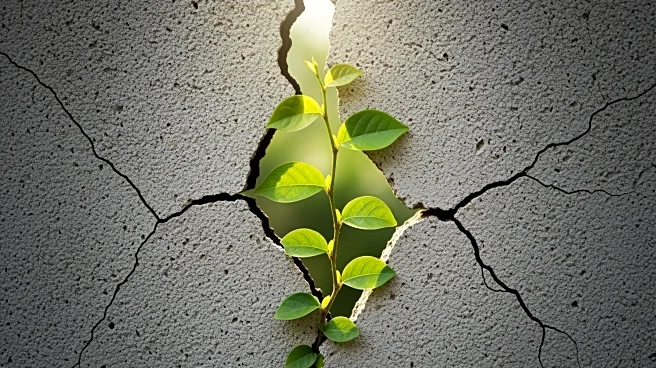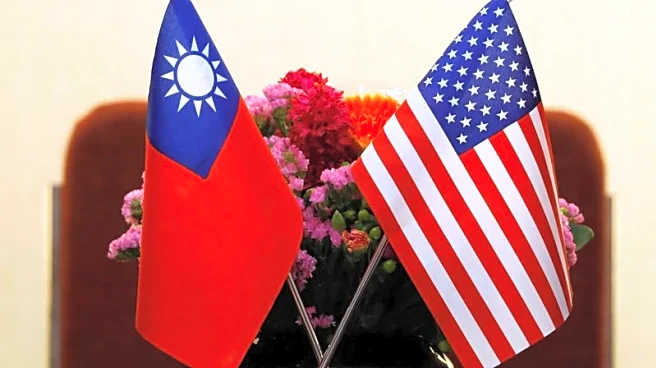What's Happening?
A United Nations human rights expert, Alena Douhan, has called on the United States to lift its sanctions on Cuba, highlighting their detrimental effects on the island's population. During her visit to Cuba, Douhan observed a worsening situation across
various sectors, including healthcare, nutrition, and education, due to the sanctions imposed by Washington. She noted that the sanctions have exacerbated inflation and resource scarcity, making it difficult for low-income communities to access proper nutrition. The U.N. General Assembly recently voted overwhelmingly to condemn the U.S. economic embargo on Cuba for the 33rd consecutive year. Cuba has been facing an economic and energy crisis since 2020, with its GDP shrinking and residents experiencing blackouts, food shortages, and inflation. Cuban officials attribute these challenges to COVID shutdowns, stricter U.S. sanctions, and other factors.
Why It's Important?
The call to lift sanctions on Cuba is significant as it underscores the humanitarian impact of economic policies on vulnerable populations. The sanctions have led to shortages in essential medicines, contributing to a rising mortality rate in Cuba. The embargo, initially imposed in 1960, has been a longstanding point of contention between the U.S. and Cuba, affecting diplomatic relations and economic exchanges. The U.N.'s condemnation of the embargo reflects international disapproval and highlights the need for policy reassessment. Lifting the sanctions could potentially alleviate the economic hardships faced by Cuban citizens, improve access to healthcare and nutrition, and foster better U.S.-Cuba relations.
What's Next?
The future of U.S.-Cuba relations remains uncertain, with potential shifts depending on political developments in both countries. The U.S. administration may face pressure from international bodies and human rights organizations to reconsider its stance on the embargo. Any changes in policy could lead to improved economic conditions in Cuba and a reduction in humanitarian challenges. However, political dynamics, including the U.S.'s stance on Cuba's human rights record, will play a crucial role in determining the next steps.
Beyond the Headlines
The ongoing sanctions and embargo on Cuba raise ethical questions about the use of economic measures as a tool for political leverage. The impact on vulnerable groups, such as children, highlights the broader implications of such policies on human rights and development. The situation in Cuba serves as a case study for the global community on the balance between political objectives and humanitarian considerations.
















